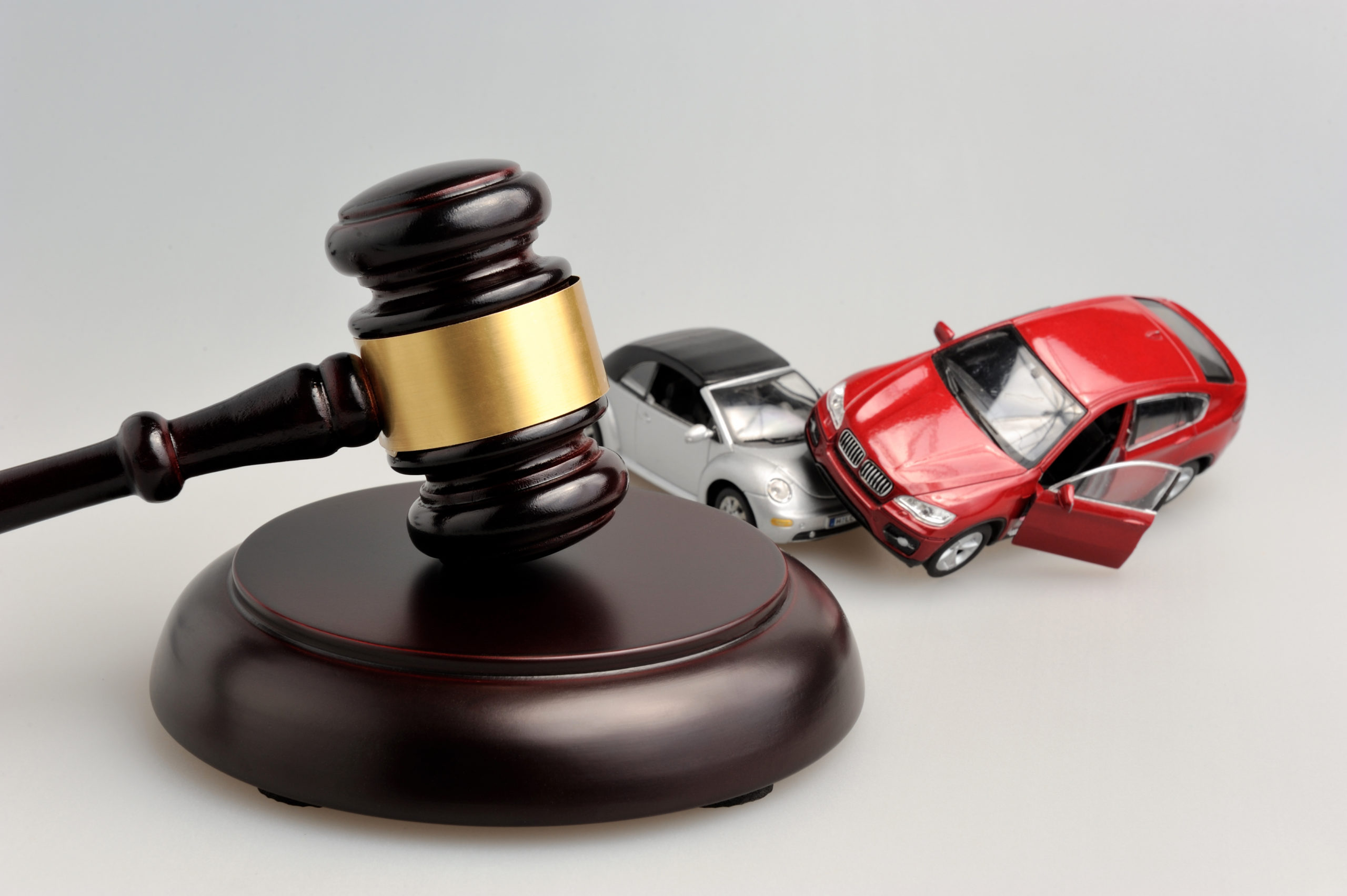
Car Accident Laws and Insurance Requirements in New Jersey
If you have been involved in a car accident in New Jersey, you are probably experiencing feelings of hopelessness and anxiety. However, some of the laws in New Jersey concerning car accidents can be very cut-and-dry and helpful to understand. It can pay to understand no-fault car insurance laws as well as the statute of limitations regarding these issues. Find out more information today that can help you in your case.
New Jersey’s Car Insurance Laws
New Jersey along with a handful of other states is actually known to be no-fault, which means that you are required to turn to your own car insurance for compensation. If you have been involved in a serious car accident that has caused injuries, your car insurance coverage is expected to cover compensation for medical expenses and other losses caused by the accident itself. It is referred to as “no-fault” because it does not matter who was at fault for the crash in New Jersey, this is just how the law works.
Of course, there is one catch to New Jersey no-fault laws: A driver has the option to choose between no-fault and traditional car insurance coverage. If they choose traditional coverage, however, they may have to file a claim with the other driver’s insurance carrier or pursue a lawsuit to pay for their medical bills.
To go along with these laws, there are also minimum auto insurance requirements in New Jersey. This “basic plan” minimum coverage includes the following:
- $5,000 per accident for property damage, which does not include costs of repairing or replacing your car
- $15,000 per person per accident for personal injury protection benefits
- $250,000 per person per accident in PIP benefits for certain serious injuries like that which involves the brain or spinal cord
The Statute of Limitations for Car Accident Lawsuits
So, what happens if you chose traditional car insurance coverage and you have been injured severely in an accident? You may have no choice but to file a personal injury lawsuit against the at-fault driver. For this, you must follow the “statute of limitations,” which sets how long an injured person can wait in New Jersey before filing a lawsuit. In New Jersey, you have exactly two years from the date of the accident to file a claim. If you wait too long to bring a lawsuit in court, you may be barred from going at all and you may never receive compensation for your injuries.
Comparative Fault Laws
Were you partially at fault for an accident? New Jersey abides by “modified comparative fault” rules. To understand this, take an example where the jury decides that, based on the evidence in your case, the total damages are $100,000. However, they also decide that the other driver is 80% at fault for the crash and you are 20% at fault. This means that, as a result, you would receive $80,000 in damages. However, if you are found to be more than 50% at fault for the crash, you will not receive anything because New Jersey follows “modified” comparative fault rules.
Car accidents can cause extremely serious injuries depending on the circumstances regarding the accident. Because of this, it is important to understand the many accident laws in New Jersey and how you may benefit from them. Call Maggiano, DiGirolamo & Lizzi today for an attorney who will help you every step of the way.

















